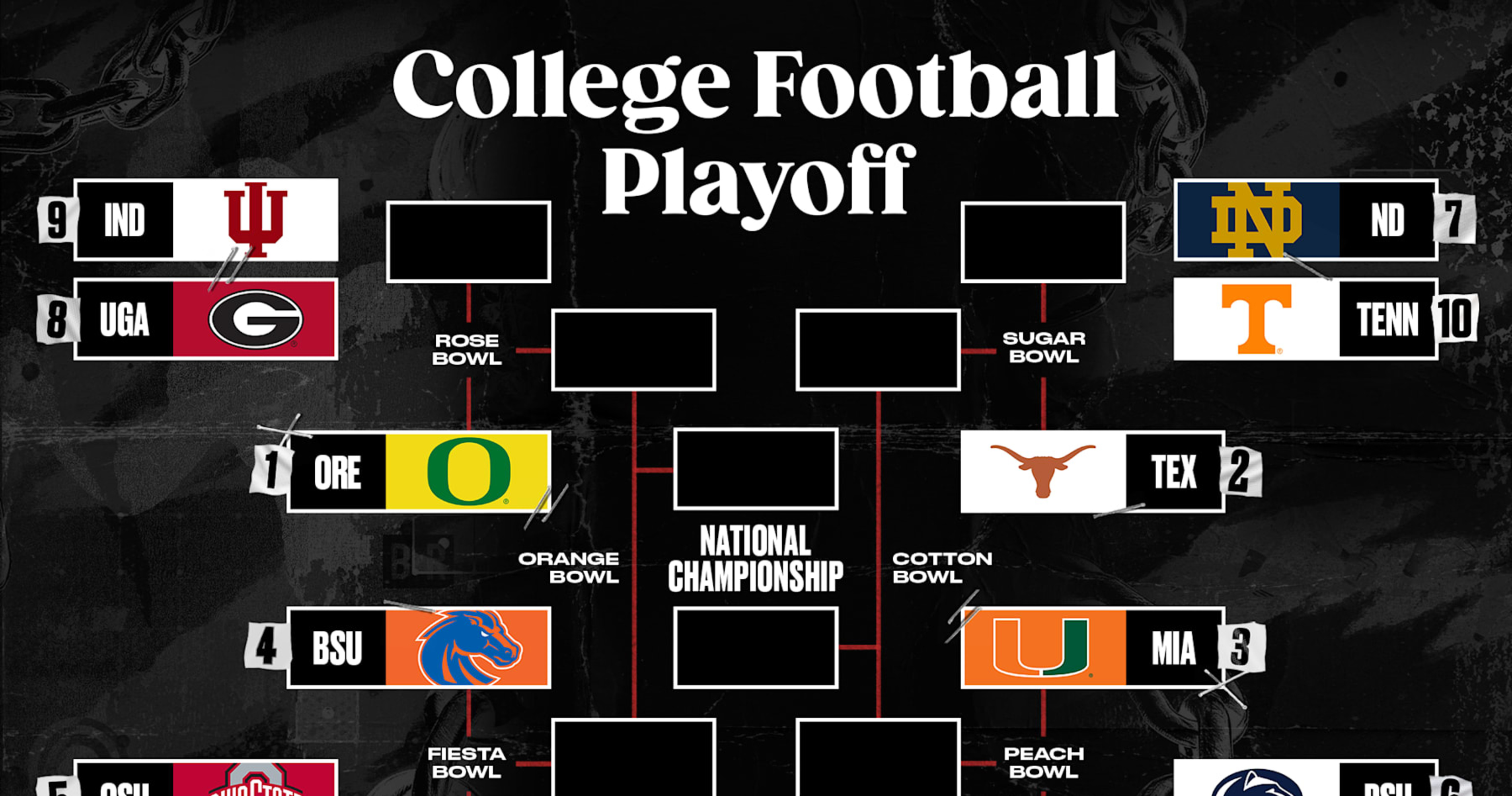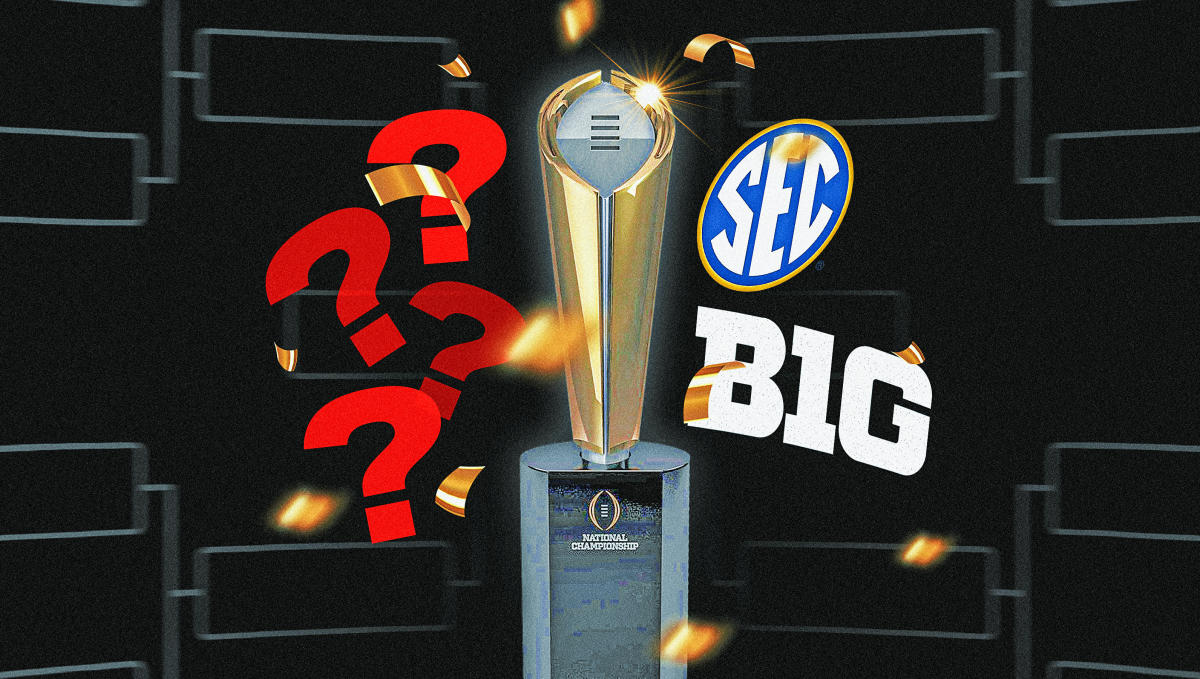As the College Football Playoff selection committee enters the final two weeks of deliberation, tough decisions loom large on the horizon. The imminent questions they face involve determining the final at-large selections, deciding which teams will host first-round games, and selecting the four conference champions to receive a first-round bye. While the first two questions spark considerable debate, it is the third question that produces the most captivating discussion.
The selection criteria stipulate that the top four conference champions will be seeded 1-4 and will earn a bye into the quarterfinals of the 12-team field. Previously, it was assumed that the champions of the power conferences would routinely secure these first-round byes. However, the latest rankings from the CFP selection committee have painted a different picture. Boise State c10-1c emerged ahead of all Big 12 teams, positioning the Broncos to claim the No. 4 seed and the coveted first-round bye, marking a leap for a Group of Five team over a Power Four conference.
Discontent arose from Big 12 commissioner Brett Yormark, who contested the decision. Citing strength-of-schedule data, Yormark argued that the Big 12's champion deserved the bye over Boise State. The comparison extends beyond individual teams to a compelling evaluation of the two leagues, shedding light on the ongoing division between the power conferences and the remaining five conferences: the Mountain West, Sun Belt, Conference USA, American, and Mid-American.
Boise State's notable strength lies in its one loss to top-ranked Oregon and the standout performance of Ashton Jeanty, the nation's leading rusher and a Heisman Trophy contender. However, Yormark emphasizes the superior performance of Big 12 teams based on data points, underscoring the competitiveness and achievements of the league's top contenders.
As the CFP selection committee prepares to unveil its rankings, intricate scenarios unfold across college football. Unpredictable outcomes in Week 13 reshuffled the Playoff landscape, with upsets altering the hierarchy. Notable losses incurred by top-tier teams like Alabama and Ole Miss offered opportunities for emerging contenders such as Arizona State and SMU to stake their claim in the Playoff conversation.
Looking ahead to Week 14, the projected Playoff field remains contingent on critical matchups and conference championships. Despite the shifting landscape, the top four teams — Oregon, Texas, Miami, and Boise State — hold firm in their positions, signifying their prowess and resilience throughout the season.
The complex and dynamic nature of college football further compounded by unforeseen losses and unexpected victories underscores the competitive and unpredictable essence of the sport. As the season's culmination approaches, the stage is set for a dramatic conclusion, with pivotal decisions shaping the Playoff field and determining the fate of contenders vying for a shot at collegiate football glory.



